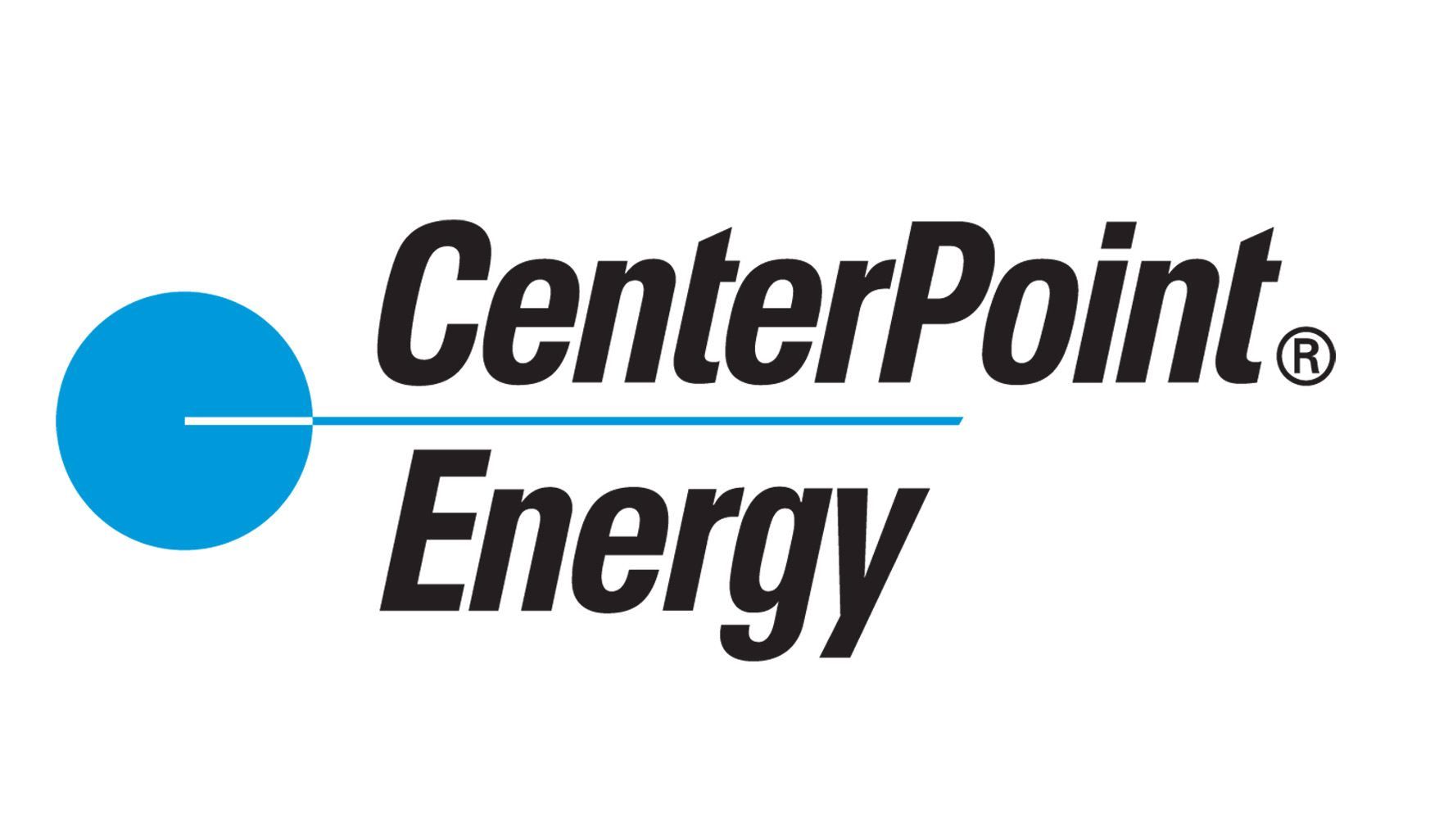
Don’t look if you don’t want to, but America is great now. Right now, this week, this day, this hour, this second. Our economy is the envy of the world.
Our mobility, socially and for work, is without equal. Our capacity to foster start-up business is without comparison. Our ability to lure the best talent and the most creative people around the world astounds our competitors.
We are a beacon for the best and smartest the world over. Our technological abilities are formidable, from space travel to artificial intelligence. If the political class doesn’t fail it, America has a future that suggests wonders yet to come in creativity, in wealth creation, in standard of living, in better health and in the overall human condition.
AI holds the promise of a new age for humanity, led by America, with greater productivity per worker and the elimination of much dead-end work. The London-based global magazine, The Economist, in a paean to this nation, stated in its latest edition: “Over the past three decades America has left the rest of the rich world in the dust. In 1990 it accounted for about two-fifths of the GDP of the G7.
Today it makes up half. Output per person is now about 30 percent higher than in Western Europe and Canada, and 60 percent higher than in Japan — gaps that have roughly doubled since 1990. “Mississippi may be America’s poorest state, but its hard-working residents earn, on average, more than Brits, Canadians or Germans.
Lately, China too has gone backwards. Having closed in rapidly on America in the years before the pandemic, its nominal GDP has slipped from about three-quarters of America’s in 2021 to two-thirds today.” It is possible to believe that we are on the threshold of a new golden age.
Yet we are just ending a political campaign where self-denigration has been a feature. The economic ideas of both candidates, if they become policy and law, threaten to jeopardize our ascent to what Winston Churchill called the “sunlit uplands.” Kamala Harris has put forward a few ideas that have failed in the past, such as protecting specific American industries and fighting the shibboleth of “price-gouging.
” Who will she go after? Hotels, airlines and electric utilities, which buy and sell in the wholesale market, all depend on opportunistic pricing. A free market is by its very nature opportunistic. Down the line, Harris has sought to fix that which the market will repair by itself.
Richard Nixon — wise in so much — tried price controls and failed hopelessly. Housing is an example of where Harris’ plans to have the government interfere will achieve the opposite of what she seeks. She would give first-time buyers a down payment.
That will most likely push up prices in the overheated housing market. What is needed is more houses, which means local restrictions need to be eased. Donald Trump’s central economic idea, tariffs, would impose a massive de facto sales tax on all Americans, push up inflation and wreck the global trading system.
Even the Trump-friendly think tanks, such as The Heritage Foundation, have shied away from this misguided enthusiasm. It is dangerous, and if Trump is elected, Congress needs to aggressively restrain it. Both candidates have laid out economic plans that are risible at some level and aimed to protect their voting blocs.
Both, in their way, seek to buy their votes with promises that they can’t deliver on or that would wreak havoc. America is at a high point and can continue to climb if its politicians don’t arrest the ascent. Llewellyn King is executive producer and host of “White House Chronicle” on PBS.
.













